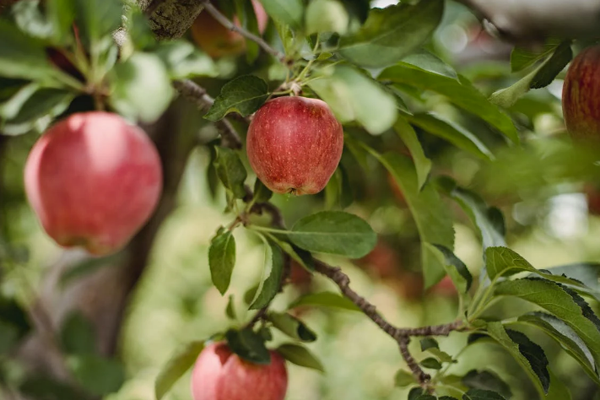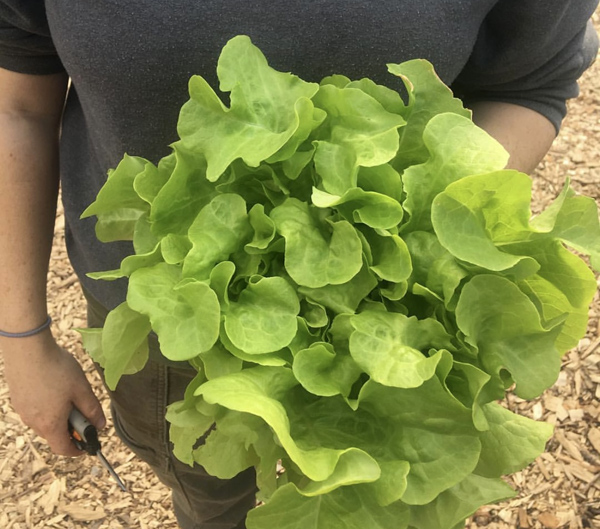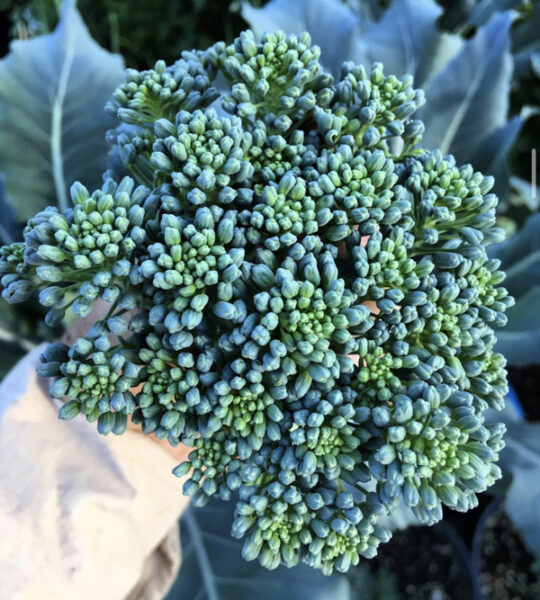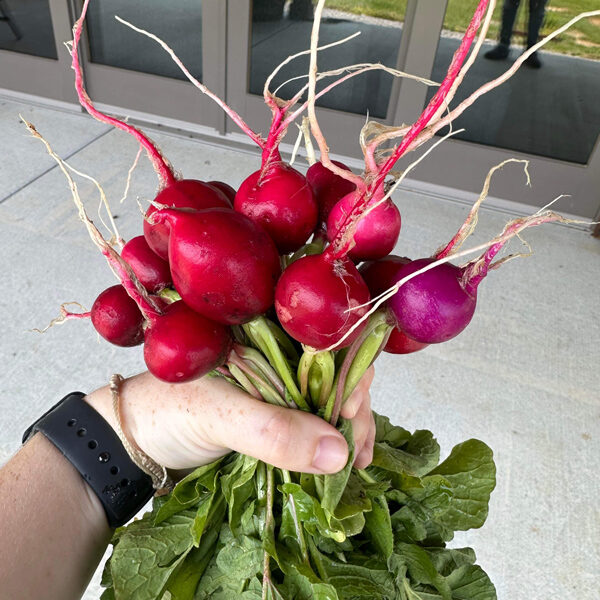
The much-loved season of fall is nearly upon us! The Tennessee landscape will soon transform from the lush green of summer to a breathtaking palette of reds, oranges and yellows. As people retrieve their plaid shirts, adorn their porches with pumpkins and mums, and indulge in pumpkin spice lattes, there’s an opportunity that often goes unnoticed—the pleasures of a fall garden.
While gardeners typically anticipate spring and summer planting, many uproot their tomato plants at summer’s end and don’t wield a hoe until the following spring. However, early to mid-September presents an ideal window for planting a fall garden, coinciding with cooler temperatures and the potential to harvest vegetables for a Thanksgiving feast.
Temperature is a pivotal factor in the triumph and delight of a fall garden. Following a scorching summer spent battling heat to safeguard plants and gardeners alike, the cooler weather is a refreshing change, making gardening a more enjoyable pursuit.
Moreover, the scarcity of pests during the fall minimizes the challenges faced by gardeners, adding to the odds of a successful crop. Once the plants reach maturity, the crisp autumn environment functions as a natural refrigerator, extending the life of the crops compared to spring and summer crops.
Surprisingly, certain autumn crops like kale and spinach can develop enhanced sweetness and flavor after experiencing a frost.
Tennessee’s moderate temperatures and reduced humidity during the fall create an optimal environment for an array of vegetables to flourish.
The list of crops suitable for fall planting is extensive: lettuce, various leafy greens and bok choy thrive in this season, as do spinach, kale and chard. Brassicas such as Brussels sprouts, broccoli and cauliflower also shine.
Root vegetables, including beets, carrots and, my personal favorite—radishes—can be sown in the fall with great success.
Additionally, establishing an herb garden is a gratifying fall project. While annual herbs such as cilantro, chives and parsley can be planted, perennial herbs like thyme, oregano, lemon balm, sage and mint offer lasting enjoyment, gracing your dining table year after year.
Among the myriad reasons to plant a fall garden, my personal favorite is its positive impact on mental health. Roughly 10 million Americans contend with seasonal affective disorder (SAD), a form of depression prevalent in colder, drearier months. A fall garden provides a compelling reason to venture outdoors, breathe in the fresh air, soak in vitamin D, and nurture something meaningful. It gives the gardener a sense of purpose and anticipation during the winter months, counteracting the hopelessness that some may experience.
So get out in the garden this fall; it offers a practical and rewarding way to enjoy a variety of fresh produce, mitigate seasonal affective disorder, and find purpose and bring joy to all ages during the colder months.
[Pictured, top: Apples by Zen Chung / Pexels; Fall vegetable photos by Ashleigh Newnes]
















